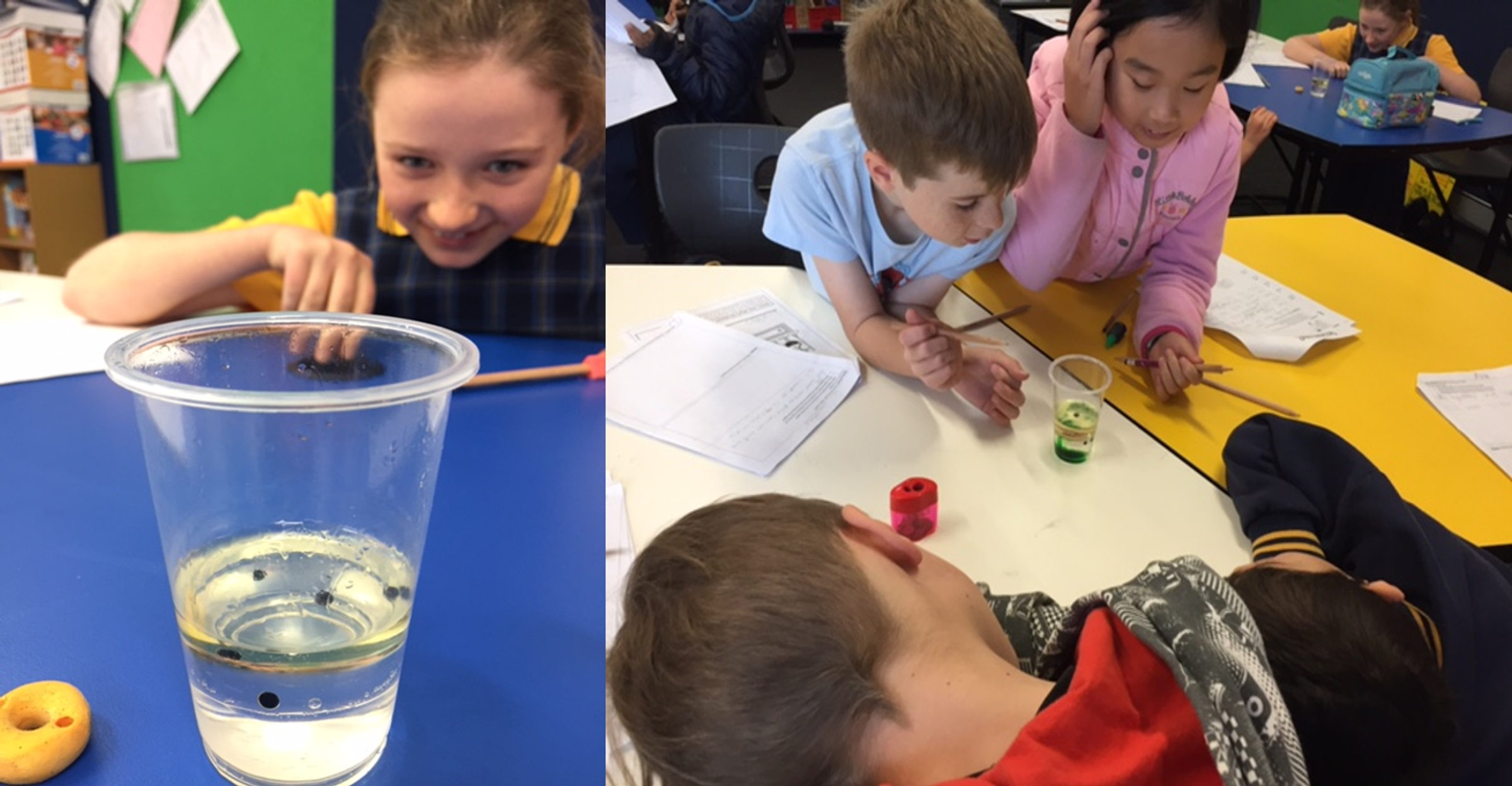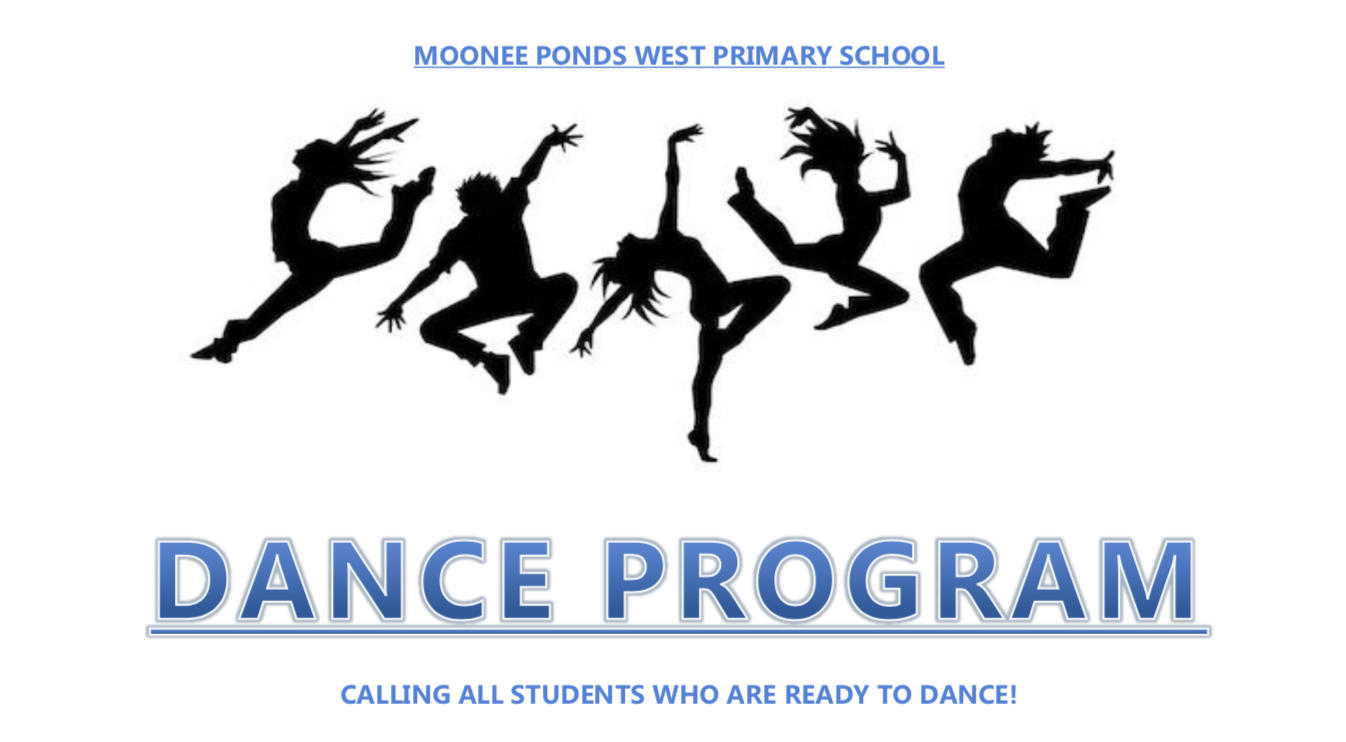Education News

Mothers Day 2021
Next week we will be holding a Mothers Day Stall to provide the opportunity for students to purchase a gift for a significant person in their life. The cost will be $5.00 per gift and students will receive a payment envelope so that they can provide payment prior to the stall.
The stall will be held next Wednesday 5th of May (students in year 5/6 who are departing for Camp on Tuesday will have the opportunity purchase on Monday 3rd of May)
NAPLAN
The NAPLAN testing program is in Week 4 this term for our Year 3 and 5 students, from Tuesday May 11th to Thursday May 13th. NAPLAN provides a snapshot in time for students and the school. In preparation the teachers are supporting students to understand the format of test taking, including how to answer a multiple-choice questions and how to identify the correct, incorrect and the distractor options in the answers. In writing students will write to a given prompt within a time constraint, existing structures in our writing sessions such as quick writes continue to provide students with the opportunity to be more comfortable with this format.
As with all things at school, we encourage students to do their best and not feel pressured or anxious about the testing. It is just like any other assessment that may be conducted throughout the year.
If you have any questions about NAPLAN, please speak to your child’s classroom teacher.
Year 6-7 Transition
Last week families of students in Year 6 received Transition packs and application forms for placement in Year 7,2022. Please find below the timeline for the application/placement process.
Year 6 to Year 7 Transition Timeline:
Tuesday 20th April
Transition Packs/Applications distributed
Friday 14th May
Parents/carers return Application for Year 7 Placement 2022 forms to government primary schools by this date.
Wednesday August 4th
Families notified in writing of placements
Monday August 16th
Closing date for parents/carers to lodge a written non-placement appeal with their preferred secondary schools
Friday 27 August
Secondary schools notify all parents/carers, in writing, of the outcome of non-placement appeals by this date
Tuesday 7 September
Closing date for parents/carers to lodge a written non-placement appeal with the applicable Regional Director, where they have been unsuccessful with their appeal to their preferred secondary school.
Friday 29 October
Regions notify all parents/carers in writing of the outcome of Regional Director Non-placement appeal by this date.
Tuesday 7th December
Secondary schools host an Orientation Day for year 6 students
Proficient Reading
It is important to understand that children do not move from one point to the next, and spend different amounts of time in the various developmental stages. Our role is to provide support and guidance to children at their own stage of development.
This week we’ll look at the stage of development known as Proficient Reading. As with Transitional Reading, children can stay in this stage for quite a while, but as with all stages of development, children can show behaviours that place them in more than one phase at the same time.
In this phase reading is purposeful and automatic. Proficient readers have developed a multi-strategy approach to identify unknown words and comprehend demanding texts. Readers are only aware of reading strategies being used when encountering difficult text and are able to select strategies appropriate to the purpose and complexity of the text. They draw on evidence from their own experience to challenge or question the text.
Behaviours you may see, include when your child…
- Can recognise and discuss the elements and purposes of different text structures, e.g. reports, procedures, biographies, advertisements, dramas, documentaries, etc.
- Reads and understands text that is abstract and removed from personal experience.
- Makes inference based on implicit information drawn from a text and can provide justification for their inferences.
- Returns purposefully to make connections between widely separated sections of text.
- Makes critical comparisons between texts.
- Discusses the target audience for a specific text, and how the author has tailored the language, ideas and presentation to suit.
- Recognises how one’s values, attitudes and beliefs impact on the interpretation of text.
- Discusses the motives and feelings of characters or people in texts.
- Automatically uses a range of strategies when constructing meaning from text - self-corrects - re-reads - reads-on - slows down.
- Uses word identification strategies appropriately and automatically when encountering an unknown word
- knowledge of sound/symbol (graphophonics
- knowledge of word patterns
- knowledge of word derivations (prefixes e.g. pro- re-, suffixes e.g. -tion, - ment, syllabification e.g. en/thu/si/as/tic).
What parents can do at home to support their child:
- Continue to have children’s books as a high priority in your home. Ask for books to be given to your child as presents, give them to others as gifts. Have a library membership. Keep promoting the love of reading.
- Remember to encourage and allow your child to select their own text, if your child has lost interest in a book, let them put it aside and choose another.
- Ensure your child sees other members of the family reading, and talking about their reading.
- Read some of the books your child enjoys so that you can share reactions together.
- Ensure your child is exposed to everyday texts such as magazines, advertising brochures, newspapers, dictionaries and reference books.
- Encourage your child to discuss how characters or people are presented in texts, and make comparisons with people in real life.
- Encourage your child to express and justify their reactions to texts, and listen to the opinions of others.
- Read different versions of the same story or event, e.g. reports in magazines, the newspaper and on television.
- Take an interest in books written by a favourite author. Give them as presents.
- Encourage your child to talk about books they have enjoyed or disliked. Foster thoughtful criticism and comment.
- Talking to your child about what they have been reading independently or what you have been reading together is a wonderful opportunity to make connections with your lives, develop concepts and understandings and talk about opinions and reactions. Different types of questions and involvement in discussions will allow your child to respond to texts, build concepts, clarify meaning, explore issues, share perspectives and refine thinking.
Recognise and be proud of your child’s successes in reading.
Transitional Reading
It is important to understand that children do not move from one point to the next, and spend different amounts of time in the various developmental stages. Our role is to provide support and guidance to children at their own stage of development.
This week we’ll look at the stage of development known as Transitional Reading. Children can stay in this stage for quite a while, but as with all stages of development, children can show behaviours that places them in more than one phase at the same time.
In this phase readers are beginning to integrate a range of reading strategies to identify unknown words and make meaning. They are becoming more confident in using a variety of strategies to identify and comprehend words and are about to talk about their own reading strategies. They are able to adapt their reading to different types of text. With teacher support, they will comment on and criticise text.
Behaviours you may see include when your child…
- shows they can make meaning by integrating their knowledge of:
- text structure, e.g. letter, narrative, recount, procedure, information report
- text organisation, e.g. paragraphs, chapters, introduction, contents page, glossary
- language features, e.g. descriptive language
- subject specific language, e.g. the language of a science report and the language of a newspaper report - can retell and discuss their own interpretation of texts read or viewed with others.
- recognises that characters can be stereotyped in a text
- chooses appropriate reading material and adjusts their reading strategies for different texts for different purposes, e.g. skimming to search for a specific fact; scanning for a key word
- integrates reading purpose and level of difficulty when selecting texts
- makes comparisons with other texts read
- uses the following strategies to help make meaning:
- makes predictions and can support them
- self-corrects when reading
- re-reads to clarify meaning
- reads-on when they get to difficult or unfamiliar text
- slows down when reading difficult text
- substitutes familiar words
- uses their knowledge of print conventions, e.g. capitalisation, full stops, commas, exclamation marks, speech marks - makes meaningful substitutions
- is able to talk about some of their reading strategies to make meaning
- has an increasing bank of sight words, including some difficult and subject-specific words, e.g. experiment
- is becoming effective in the use of the following word identification strategies to help make meaning:
- uses knowledge of common letter patterns to decode words, e.g. th, tion
- uses known parts of words to make sense of the whole word
- uses blends to decode words, e.g. str-ing
- uses word segmentation/syllabification to make sense of the whole word
What parents can do at home to support their child:
- Continue to have children’s books as a high priority in your home. Ask for books to be given to your child as presents, give them to others as gifts. Have a library membership. Keep promoting the love of reading.
- Continue to read to your child, read with your child and listen to reading by your child. Remember to encourage and allow your child to select the text.
- Ensure your child sees other members of the family reading, and talking about their reading.
- Read some of the books your child enjoys so that you can share reactions together.
- Encourage your child to discuss how characters or people are presented in texts, and make comparisons with people in real life.
- Encourage your child to express and justify their reactions to texts, and listen to the opinions of others.
- If your child makes a mistake when reading aloud, don’t interrupt the reading, allow time for self-correction. If the mistake doesn’t change the meaning, let it go until the end of the sentence/paragraph and say, “You said this word was _____; it made sense but it begins (or ends) with the letter __ so what do you think it could be?”
- When your child gets ‘stuck’ on a word, ask your child what word would make sense. Encourage them to have-a-go and read-on to the end of the sentence to get the overall meaning then go back to the unknown word and use the letters and meaning to work out the word.
- If your child makes a mistake which does not make sense, wait to see if they work it out for themselves and offer praise if they do. If they don’t correct the word themselves ask, “Does that make sense?” Ask a question which will give a clue to what the word is, e.g. “Where will he go to catch the train?”
Chess Term 2
Chess enrolments for Term 2 are now open. Please see the attached notice.
Welcome to Dance Avenue!
The Dance Avenue Program offers the opportunity for students from all year levels to participate in a dance program at the school during lunch times. The classes will operate over two days. Grades Foundation - 2 and Grades 3-6. The program has received wonderful feedback from the students, teachers and parents involved over the years all across Melbourne.
The increase in student’s confidence and the witnessing of new friendships developing is what drives the team at Dance Avenue to continue their passion. A certified fitness instructor and lifelong dancer, Jayde Egan set about creating dance/fitness lessons designed to fill the children with the confidence and happiness that dance is able to inspire.
The cost is $8.00 per lesson (inc. GST) paid in one instalment of $64.00 (Term 2 will run as an 8 week program) Students are not required to purchase dance wear, they simply show up in their uniform and have a great time with their dancing friends.
If you are interested in enrolling your child into the Term 2 Dance Program, please email the enrolment form and complete a direct bank transfer to the details below ☺
Dance Avenue
BSB: 06 3765ACC: 1075 7543Amount: $64.00Ref: MPWPS (student name)
Any queries please contact Jayde Egan from
Dance Avenue:
P: 0422 089 964 E: info@dance-avenue.com.au
Limited spots available.
All forms/payment to be received by 30/04/2021 ☺

